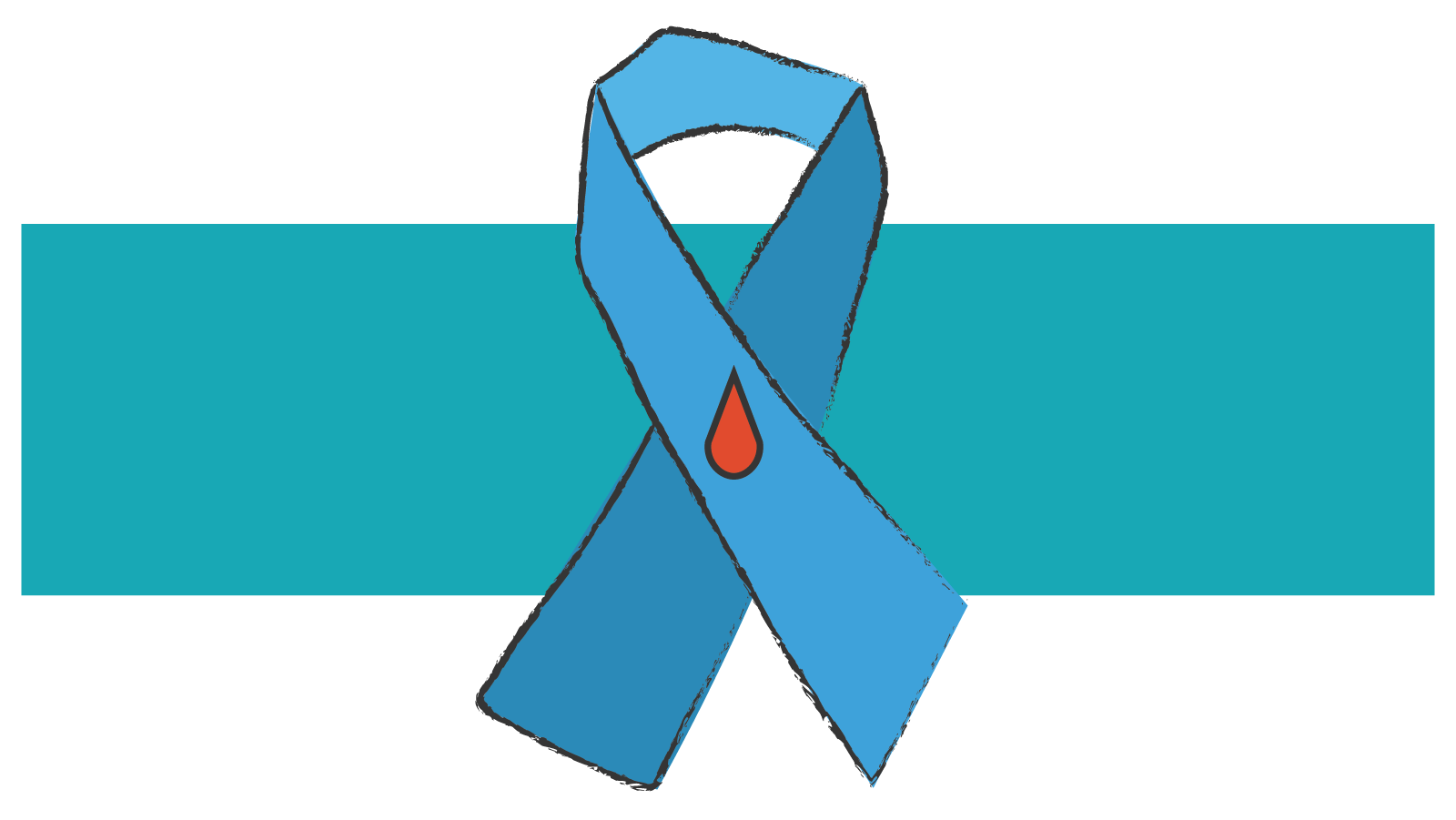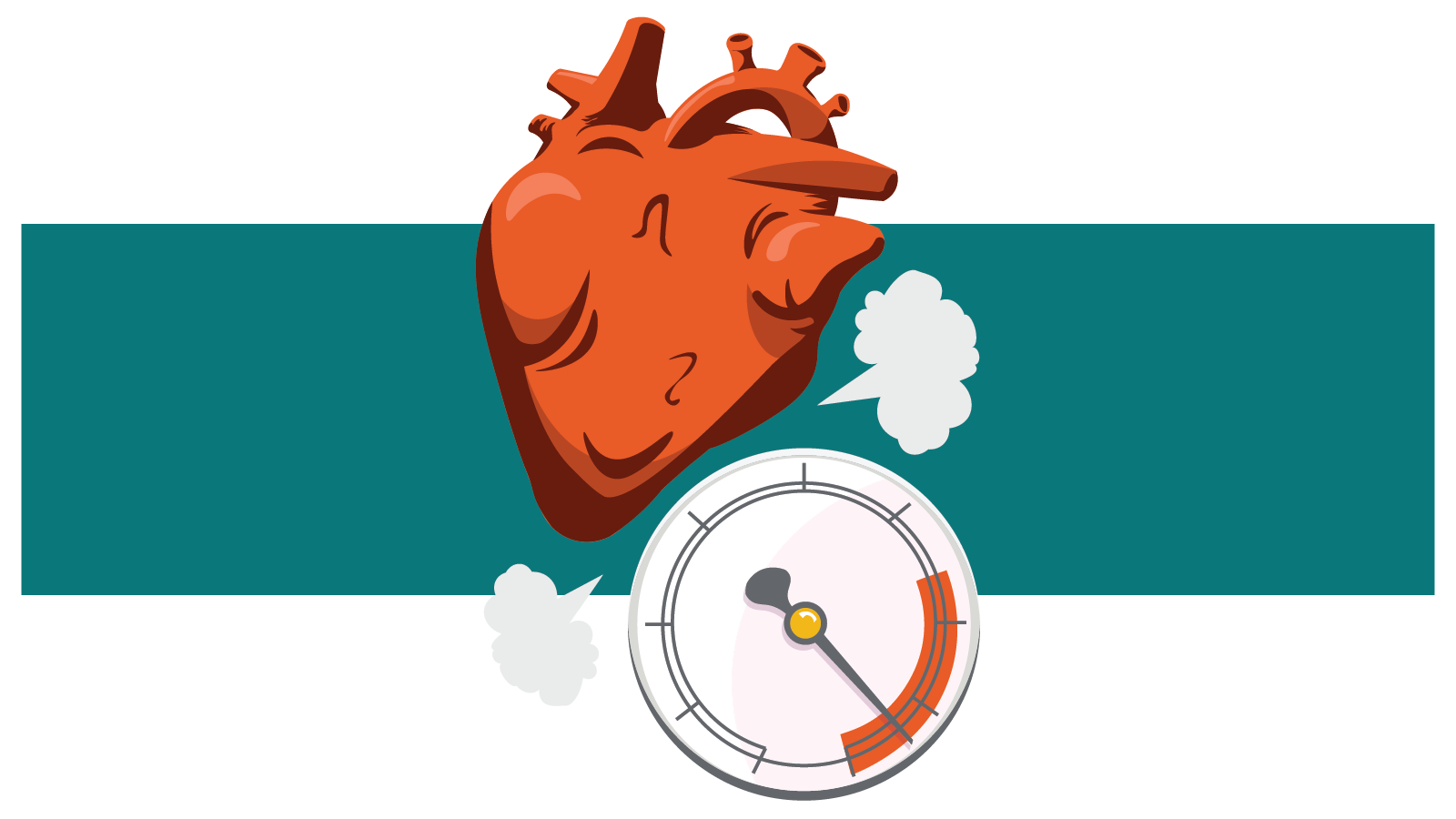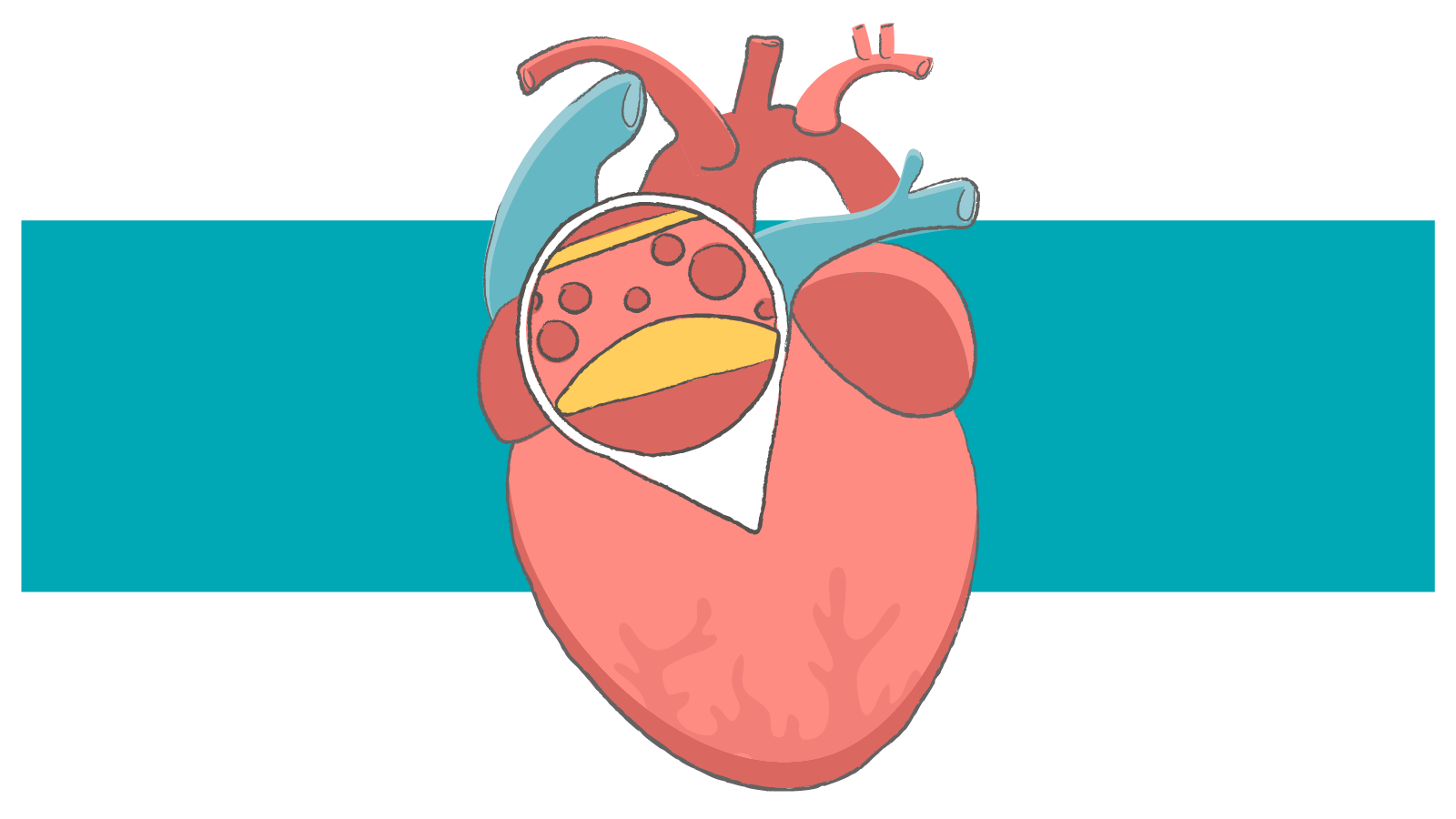Kidney Disease: Avoiding the “Silent Killer”
On paper, your kidneys look like a pair of chummy red beans. (Yes, mammalian kidneys are the namesake of the heart-healthy kidney bean.) No offense...

As the number of diagnosed diabetes cases reaches 37.5 million in the United States, people living with the disease are seeing hope for new and better treatments, if not yet a cure. For the 37.5 million diagnosed—and 96 million diagnosed with prediabetes, daily wins tend to scale smaller and take shape over time.
Diabetes is a chronic illness that develops when the pancreas does not produce enough insulin to digest glucose—blood sugar (Type 1)—or when the body is not able to respond to insulin by turning glucose into energy (Type 2).
Without the right level of insulin breaking glucose down into cellular energy, too little or too much sugar in the blood decreases energy levels, slows organ functions, and can lead to coma and death if not corrected. Simply put, diabetes is not an easy path to find yourself or a loved one walking. As diabetes rates increase among adolescents worldwide, patients, parents and caregivers often struggle with unwelcome disruptions to family and education and the financial strain of treatment.
If you’re facing a new diagnosis, or someone you live with struggles with blood sugar control, it might seem as though diabetes calls all the shots. Treating diabetes means rewiring your life around blocking the buildup of blood sugars; living with diabetes takes ongoing attention and action to monitor and regulate blood sugar levels.
In her book, “Diabetes and Me”, science educator Kim Chaloner writes about being diagnosed at 16 from a whole-body perspective:
“You don’t want to fight your body, you want to work with it. Your body might seem like the enemy when you are first diagnosed, but once you learn the rules, it can be your best friend.”
It’s true that diabetes can affect organ function throughout the body over time and must be monitored by specialists trained to observe and treat conditions associated with the disease.
Most cases are diagnosed by a primary care physician (PCP) and referred to an endocrinologist, a physician who studies and treats conditions of the endocrine system, like diabetes. The PCP and endocrinologist work with the patient to stabilize blood sugar levels through diet, exercise, and medication. The endocrinologist takes steps to connect the patient with additional specialists, including:
It can take a long time to set up and follow through with so many consults, and even longer to establish a rhythm and routine for effective treatment. But it is still important to do so, because uncontrolled blood sugar levels can cause irreversible loss of sight, vascular health, and kidney function, among other complications.
While there’s no secret to managing diabetes, the American Diabetes Association’s annual Standards of Care prioritizes a timely, patient-centered approach that pulls these providers together with the patient on a collaborative care team, like a crew on a tour bus with you in the driver seat.
Your Healthcare Highways Health Plan may cover care coordination services to help qualified members living with chronic conditions like diabetes.
If you are a health plan member and would like to learn more about care coordination benefits, call us! Our Customer Experience Advocates team will help you find out if you qualify for this no-cost personalized service and connect you with the care you need. Check your Healthcare Highways Health Plan ID card for your Customer Experience Advocate team's phone number, or reach out online. We'll take it from there!

On paper, your kidneys look like a pair of chummy red beans. (Yes, mammalian kidneys are the namesake of the heart-healthy kidney bean.) No offense...

Hand over heart—when was the last time you checked in with your cardiovascular health? Checked your blood pressure? February is National Heart Health...

High cholesterol increases the risk of heart disease, the leading cause of death in the U.S.